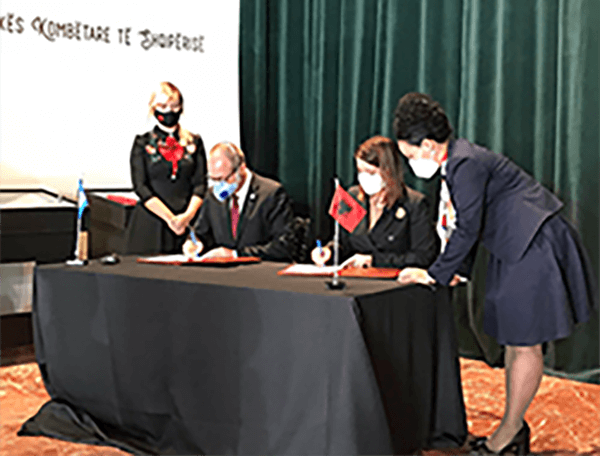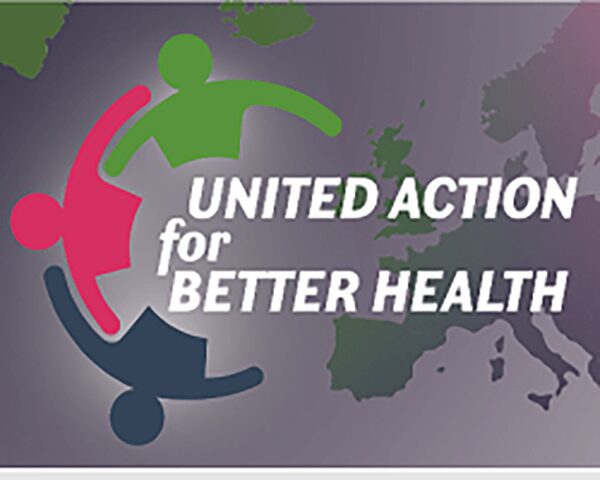The European Union (EU) and Germany are supporting Senegal’s fight against the coronavirus pandemic by mobilising €112 million from the EU and €100 million from Germany’s global emergency programme for COVID-19. The funding is part of the overall ‘Team Europe’ envelope intended to support our partners’ efforts to face the coronavirus crisis.
The funding will help support the Senegalese government’s Economic and Social Resilience Programme, particularly economic aid measures for businesses and social assistance for the people of Senegal.
European Commissioner for International Partnerships, Jutta Urpilainen, said: ‘This support, which is on an unprecedented scale, illustrates the strength of the European Union’s commitment to supporting Senegal. I am proud of this joint Team Europe effort to optimise the impact of social measures to help the most vulnerable and to support economic actors. By ensuring management transparency, the Senegalese authorities can count on us to strengthen the country’s resilience.’
Germany’s Federal Minister for Economic Cooperation and Development, Gerd Müller, said: ‘We stand shoulder to shoulder with Senegal, our partner country for reform. Coronavirus is wiping out a great deal of the progress made: almost half of the population is unemployed. Senegal’s economy will experience a dramatic recession. By providing immediate support and bridging loans, we are helping to maintain production and safeguard tens of thousands of jobs, as businesses switch over to producing items such as protective masks and medical equipment.’
Background
The European Union is a leading and longstanding partner of Senegal. EU aid to Senegal for 2014-2020 totals around €1 billion, which includes €347 million from the bilateral envelope and €199.2 million from the EU Emergency Trust Fund for Africa.
The EU is supporting the Senegalese government’s priorities of promoting sustainable and inclusive growth and involving the private sector in job creation, in particular for young people. It is also supporting green and sustainable development in Senegal, as well as governance and stability, including migration management.
Germany has been a close partner of Senegal since the country gained independence. In 2019, the two countries entered into a partnership to encourage reforms. Germany is supporting the implementation of reforms in Senegal in the area of good governance and the fight against corruption, for which additional funding is set aside. In return, the Senegalese government has undertaken to make measurable progress.
As part of its Marshall Plan with Africa, Germany has entered into partnerships with six countries to encourage reforms. The aim of cooperation with countries implementing reforms is to improve the business climate, boost the private sector and create jobs. The goal is to increase local investment.
This new funding will be made available to Senegal as a financial contribution to its Economic and Social Resilience Programme (PRES), the aim of which is to address the economic and social crisis triggered by COVID-19. Across the globe, the coronavirus crisis has led to dramatic food shortages and economic crisis, with developing and emerging countries being particularly affected.
To address the economic and social repercussions, the Senegalese government is receiving support so that it can continue to maintain basic public services, such as social protection and food security, as well as support for the private sector, which in turn helps safeguard jobs. Micro, small and medium-sized enterprises (MSMEs) in the informal sector are being particularly affected by the coronavirus crisis and the decline in economic growth.
Since March, many businesses have been forced to scale back their operations or stop them completely. MSMEs are the backbone of the private sector in Senegal. They account for 99.8% of the 400 000 businesses in Senegal and employ 89% of the working population. This makes them a driving force for economic and social development in Senegal.














